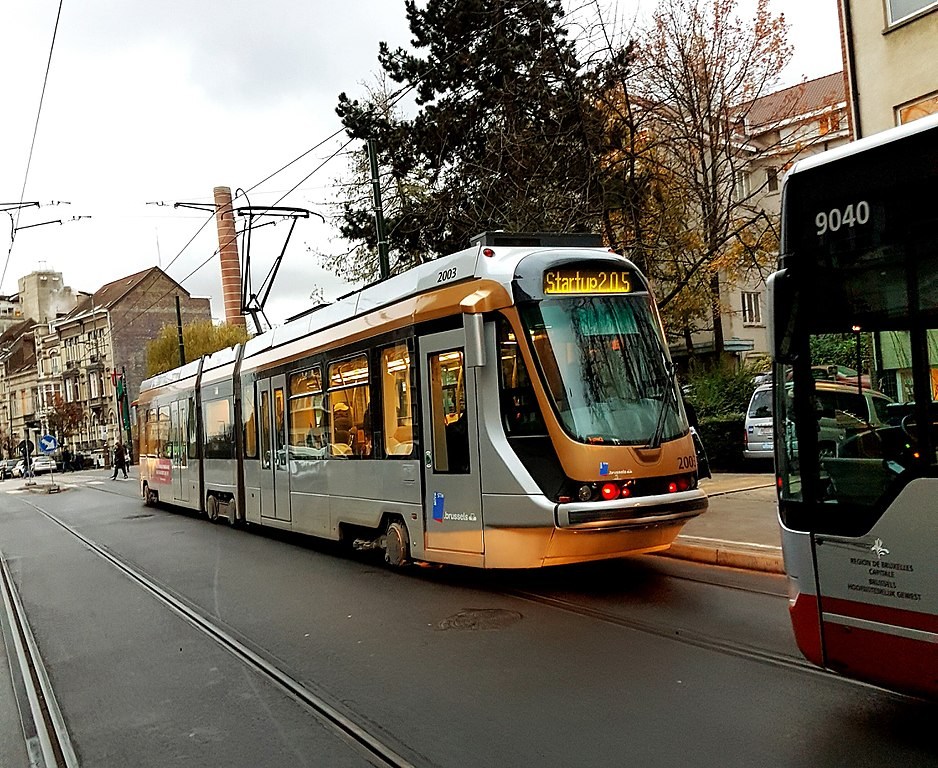Once the coronavirus crisis is over, people intend to change their mobility choices in several ways, including driving less and cycling more, according to a poll carried out by consultancy Espaces-Mobilités and the study bureau MaestroMobile.
To establish a baseline, respondents were asked about their mobility before the crisis. 45% said they mainly travelled by car, 28% by public transport and 19% by bicycle. One in 20 walked. As to their intentions after the crisis, 43% said their habits would change somewhat (51%) or completely (7%). 42% will not be making any changes.
9% said they would be using the car more often, compared to 22% who will be driving less. 34% will be travelling by bike or by scooter more. But 29% said they would use public transport less after the crisis. That figure, however, leaps to 46% for respondents in Brussels region.
Of those who will be using public transport less often, the reasons given were, in order of importance, a feeling it is unsafe; a change in personal circumstances; other modes of transport discovered and some other reason (37%).
Personal safety was also one of the main reasons for using the chosen mode more, along with a desire for more exercise and environmental concerns. For car using planning on driving more, personal safety was by far the most popular reason, at 60%.
Before: Just over 20% said they worked from home regularly, once a week or more, while 42.4% said they never did. After: 42% said they looked forward to teleworking more than previously.
Before: 10% said they went online shopping regularly, and 11% never. The remainder were split between “sometimes” and “rarely”. After: 12% envisage shopping online more often, and the same number less often.
On the question of official policy, people in Brussels were massively in favour (65%) of using the opportunity to create more and wider cycle paths, even to the detriment of the car. Nationwide, the idea won 50% support.
Respondents were asked their view on wearing a face-mask on public transport – something which has now been made compulsory since the poll was taken. 75% were in favour nationwide, 73% in Brussels, 68% in Flanders and 72% in Wallonia. Only 7% nationwide were against the measure.
• The poll was carried out on social media over 11 days in April and May, and received over 3,000 responses. Women made up 56.4% of respondents, slightly more than the 51% of the population. Ages were fairly evenly spread between 25 and 65 years. A large majority – more than 80% – were French-speakers. Brussels represents 11% of the population, but made up 35.7% of the survey.
Alan Hope
The Brussels Times

